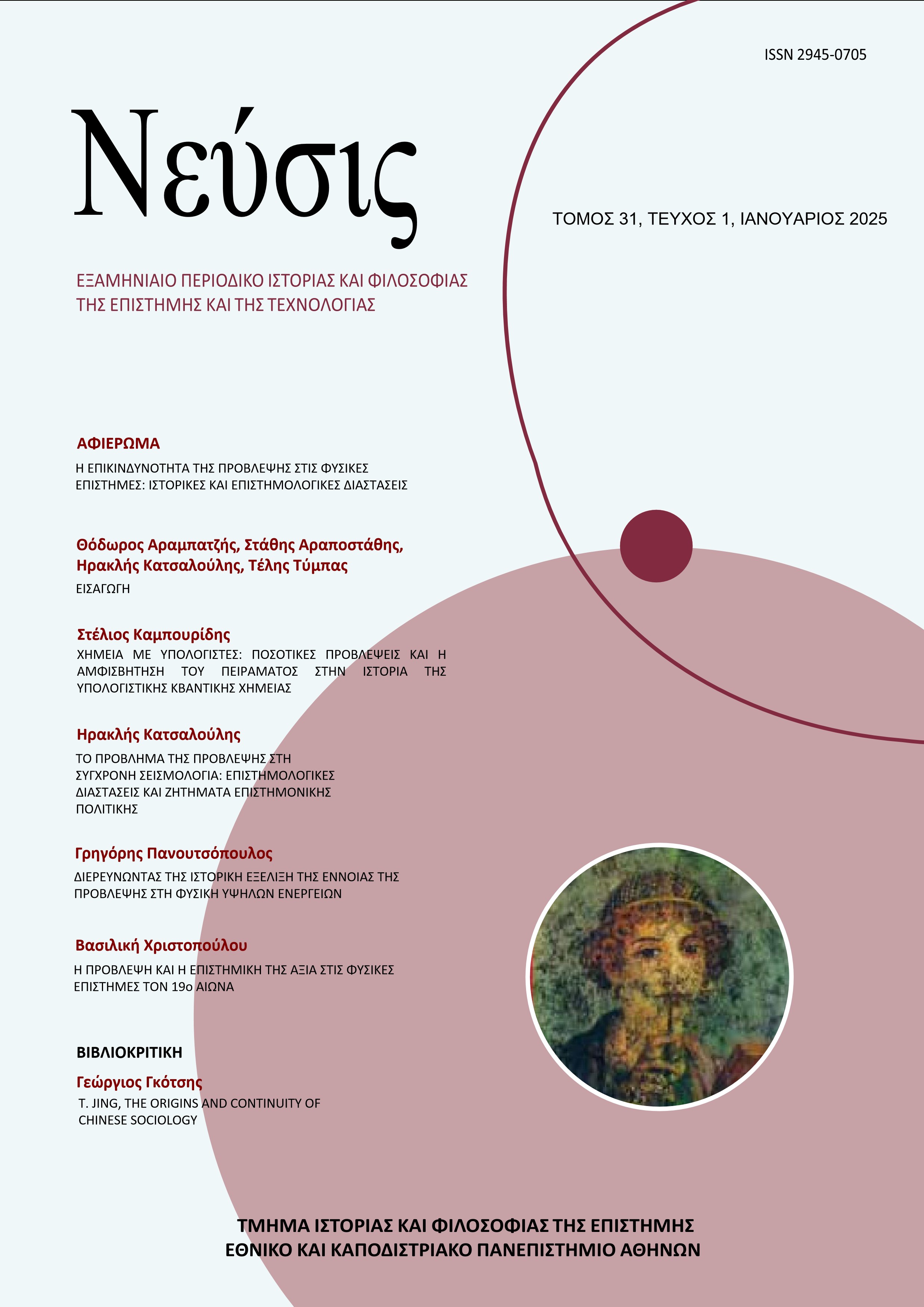Chemistry with computers: Quantitative predictions and challenging the monopoly of experiment in the history of Computational Quantum Chemistry

Abstract
This article describes and explains the convoluted development of quantum chemical methods that could perform quantitative predictions on chemical systems. This process started in the 1950s and ended in the 1980s when the wider chemical community accepted these methods. The argument has four points. First, quantum chemists used rhetorical strategies that stressed the relation of their models with the underlying theory. Second, the dissemination of the new methods was enhanced by alliances with organic chemists. Third, the evaluation of model performance was fundamental. Fourth, the status of the new methods was uncertain and was an object of negotiation. Finally, quantum chemical computations challenged experiments as the fundamental source of chemical knowledge and were accepted as a legitimate tool for chemical investigation.
Article Details
- How to Cite
-
Kampouridis, S. (2025). Chemistry with computers: Quantitative predictions and challenging the monopoly of experiment in the history of Computational Quantum Chemistry: . Neusis, 31(1). https://doi.org/10.12681/nef.40993
- Section
- Articles

This work is licensed under a Creative Commons Attribution-NonCommercial-ShareAlike 4.0 International License.


